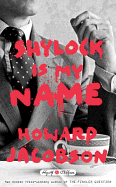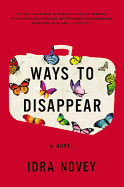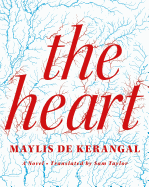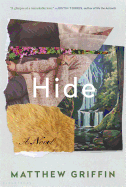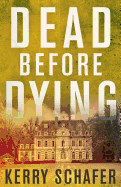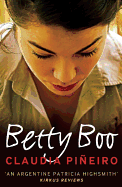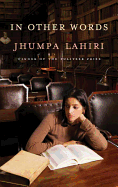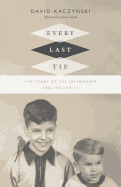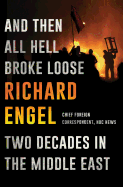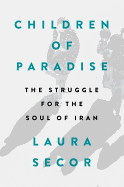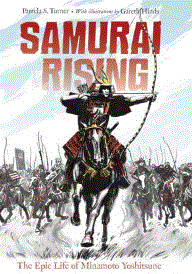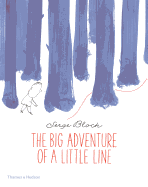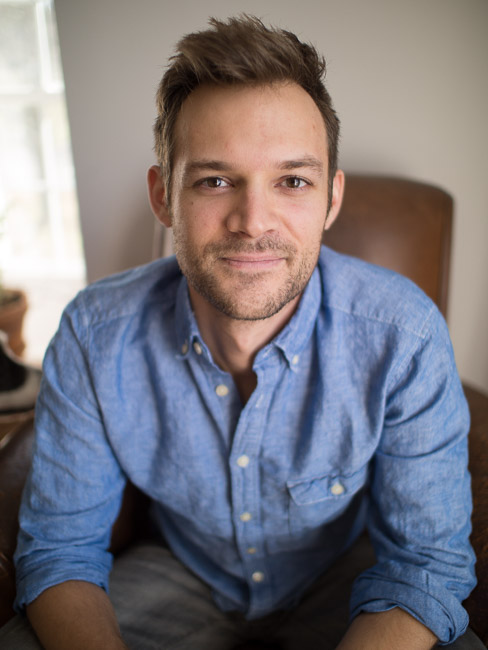 |
| photo: Raymie Wolfe |
Matthew Griffin is a graduate of Wake Forest University and the Iowa Writers' Workshop. He has taught composition, literature and creative writing at the University of Iowa and Walters State Community College, and he worked for several years as assistant to the director of the Highlander Research and Education Center, a hub of grassroots organizing for social justice in the South and Appalachia. He was born and raised in North Carolina and now lives with his husband and too many pets in Louisiana, where he is a visiting professor at the University of Louisiana at Lafayette. Hide (reviewed below) is his first novel.
Hide tells the story of two men, Wendell and Frank, who fell in love during the mid-20th century, a time when American society wasn't too fond of that idea. What drew you to that particular chapter of gay history?
It was really a necessity of the initial idea and impulse behind the novel, which was about these two characters taking care of one another and failing each other in various ways at the end of a long life together. To have it set close to the present, which I wanted to do, meant their relationship had to have endured those darker periods of our history. There was no way around it--but I also wouldn't have wanted a way around it. That social atmosphere puts tremendous pressure on their relationship and drives so much of the conflict of the novel.
And beyond all that, I also do love a story of forbidden love. Straight people have so many of them, and I wanted to write one about gay people that didn't end in just absolute tragedy.
It's not often that novels about gay men feature those in their 80s, nor do many choose to portray the later years of a long, fulfilling relationship. Why were those factors important to you?
Oh man. There are a lot of reasons. In a very personal way, these characters are closely related to my grandparents. I watched both sets of them struggle to take care of each other at the ends of their lives. My grandmothers in particular felt a lot of anger and resentment when my grandfathers were no longer quite exactly the men they married. And so I was thinking a lot about what it must have been like to maintain a relationship over 50 or 60 years only to watch it dissolve, completely beyond your control. Then, I started to wonder what it would have been like to try to do the same thing as a gay person, with all the added dangers that entailed, and how painful it would be.
I'm interested in futility. There is something really noble and beautiful about Wendell struggling to hold on to Frank, even though he knows it's in vain. The way you can work so hard and give up essentially every other thing in your life to be with a person, and create something really profound and unbelievably beautiful, and in the end it all inevitably slips away--that just seemed like the most devastatingly sad thing to me. And all I ever really want when I read or write is to be made to feel devastatingly sad.
Also, as much as I like a forbidden love story, I didn't want to write about a gay relationship and have the question of whether or not they would get caught be the central source of conflict and suspense.
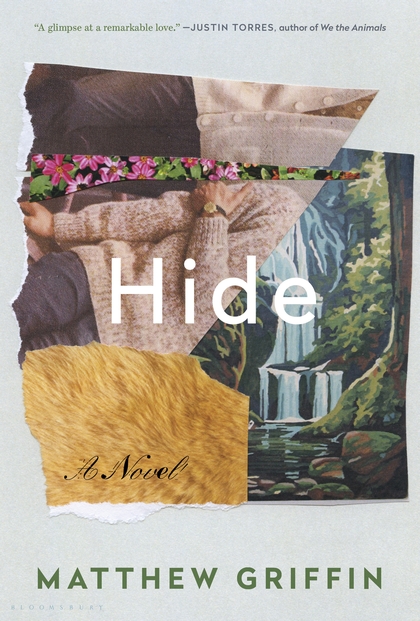 Wendell definitely seems to be the pricklier of the two, while Frank is sunny and carefree, and their conversations are often quite funny. Was one character more fun to write?
Wendell definitely seems to be the pricklier of the two, while Frank is sunny and carefree, and their conversations are often quite funny. Was one character more fun to write?
I don't know that one was more fun to write than the other. The most fun parts to write were probably the stretches of dialogue in scenes with both of them together, later in life, when Frank is still mostly himself but starting to slip into dementia--when you can still see the familiar, sort of sweet and funny relationship between them, along with Wendell's frustration at trying to keep Frank healthy. Part of the fun for me in those scenes may have been that it was like hearing my grandparents talk to each other again.
Although, it was also a lot of fun to write Wendell's snarkier observations about the world. The moments I love him the most are probably the moments when he's being the meanest.
Do you see yourself more in one or the other?
I guess I see myself more in Wendell [a taxidermist], just because I wrote everything from his perspective. I probably have some of his pessimism. We're very different people--I mean, I can barely look at road kill on the highway without crying, and I'm constantly paranoid about slightly and unintentionally hurting someone else's feelings--but I really understand him. Whereas with Frank, since I was seeing him from the outside, through Wendell, there's still that fundamental mystery at the heart of him, like there is with any person outside of yourself--that no matter how long you spend with a person, how intimately you know them, you can never really, truly get to that essential truth of who they are.
Wendell loves to cook, and your descriptions of the dishes he prepares are thorough and appetizing. Are you as much of a wizard in the kitchen? What are some of your favorite dishes (to make or eat)?
My husband and I are vegan, so I do a lot of cooking. I make a pretty mean tempeh Reuben, and a chipotle-sausage vegan macaroni and cheese that has like a billion calories because I put a whole can of coconut milk in it. In some ways, I like baking better, because it's so much about precision--if you just measure everything perfectly, and mix it together, it transforms into this magical thing. I know a lot of people find cooking creative, but with all of the uncertainty that comes with writing, I love that with baking, you just need to very methodically and scientifically follow the recipe. It feels like a relief after agonizing all day over whether the sentences you just made up are the best sentences.
And Wendell's cooking is pretty much entirely based on my grandmother's. She was an incredible cook, and I wouldn't compare myself with her, although I do think she'd be pretty proud at how I know my way around a kitchen these days. Most of the dishes Wendell makes, like the yeast rolls and pineapple upside-down cake and potato salad, are dishes she made. We went to visit every other weekend, and those foods played a really central role in my family's life. My mom and I still make her potato salad, and I bake those yeast rolls for Christmas every year now.
You're originally from North Carolina, the state the novel is set in. And while your descriptions of the region are often lush and beautiful, some depictions of the people and attitudes aren't as forgiving. Was there ever a You Can't Go Home Again feeling as you wrote it?
You know, there wasn't. Maybe there should have been! I'll brace myself just in case. But I wrote the book with a very liberating sense of isolation, with the real possibility in mind that maybe no one would ever read it, so I wasn't afraid.
Frank and Wendell really love that town, and I love it, too; I hope that came through. Some of the more disparaging descriptions of people--doctors and the like--are really more about Wendell's distrust and the effects of seclusion than anything else. And in terms of politics, people and attitudes, I suspect they weren't so different in other places. For the time period, Frank and Wendell could really have been anywhere and still have had the same difficulties. Even in Manhattan, though they could have lived slightly more openly, their life would still have been a secret.
I think the difference between the South and other parts of the country, when it comes to inflicting injustice, has sometimes been exaggerated. Gay people still get beat up in New York all the time. And when you look at things like housing policy, employment discrimination, things like that, the North is just as guilty of systematic racism and oppression. Which is not to say that things haven't been (and are still) horrible down here, but I sometimes think that the South has just been more open with its injustices.
William Barber, the head of the NAACP, once called the South the place "where justice was hammered out." I love that description. People in the South are doing amazing work for the liberation of black people, for LGBT equality, for immigrant rights, for cooperative economics, to stop exploitation of our natural resources. None of that's present in the book at all, of course. But that's the South I love, and I wish Frank and Wendell hadn't been so isolated, so they could have experienced it, too.
Throughout the novel, though, Wendell and Frank watch plenty of television, and they make occasional forays into town. So they're aware of cultural attitudes shifting and yet still cling to their isolation. Why?
A big part of it is that even though cultural attitudes shift, I think people rarely do. At least not very much. Frank and Wendell had been together for over 20 years, living in secret, before the Stonewall riots. And it's not like everything was peachy after the riots either, right? I think when you've lived in isolation and fear like that for so long, it becomes ingrained in you to be suspect of everything and everyone else, even things that seem like they should be good for you.
And Frank and Wendell are pretty conservative, traditional, rural Southern people in a lot of ways. It was really important for me to be true to that, which is why Wendell still refers to black people as "colored." Which is embarrassing and horrifying for me, but he thinks it's the polite thing to say. Because it was, in his time. And in that time, you didn't talk about sex at all. There were no gay people, just "confirmed bachelors" and the like. So the frankness about sexuality that comes with changing cultural attitudes is actually an affront to a lot of their values, which include a pretty large dose of internalized homophobia, too. They had no one to look up to, no one to tell them that they were okay, other than themselves. And so when the gay rights movement picks up steam, and the people in the front of it seem so different from themselves, and there's so much explicit sexuality, they don't see themselves in it. They feel just as alienated as they did before. And even if society at large, driven by younger people, views them differently now, they've been viewing themselves the same way for 50 years. How do you change that? I don't know if you can. Or, at least, I don't know if I could. --Dave Wheeler, associate editor, Shelf Awareness
Matthew Griffin: Forbidden Love After All These Years
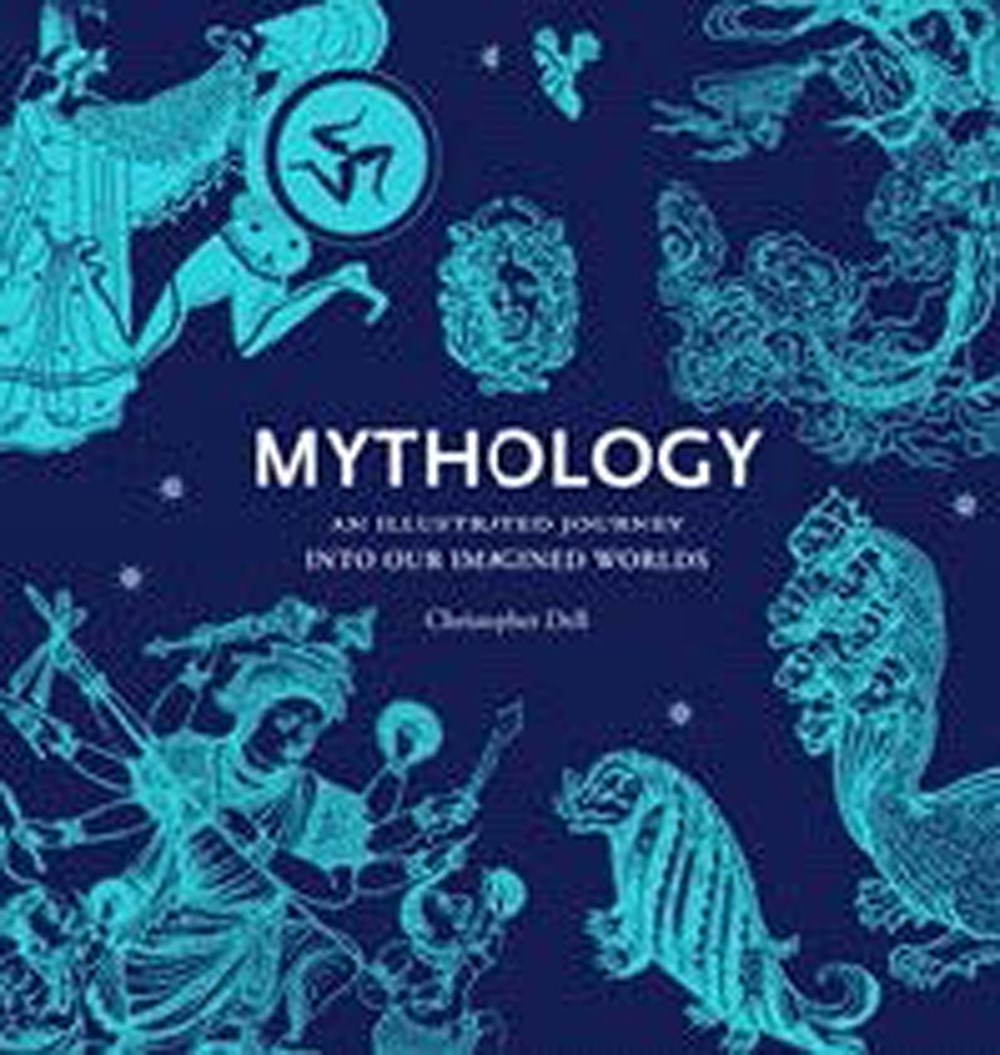 Mythology: An Illustrated Journey into Our Imagined Worlds by Christopher Dell (Thames & Hudson, $29.95) recently caught my eye. Replete with lavish, full-page renderings of sculptures, etchings, lithographs, paintings, pottery and more, it is a treasury of art inspired by many myths worldwide, and it explains myriad symbols that arise again and again in these stories. Among scores of fascinating topics, Dell illuminates how "springs were the homes of goddesses" in Celtic mythology, and in "later Christian iconography, fountains are associated with life and salvation."
Mythology: An Illustrated Journey into Our Imagined Worlds by Christopher Dell (Thames & Hudson, $29.95) recently caught my eye. Replete with lavish, full-page renderings of sculptures, etchings, lithographs, paintings, pottery and more, it is a treasury of art inspired by many myths worldwide, and it explains myriad symbols that arise again and again in these stories. Among scores of fascinating topics, Dell illuminates how "springs were the homes of goddesses" in Celtic mythology, and in "later Christian iconography, fountains are associated with life and salvation."



 Wendell definitely seems to be the pricklier of the two, while Frank is sunny and carefree, and their conversations are often quite funny. Was one character more fun to write?
Wendell definitely seems to be the pricklier of the two, while Frank is sunny and carefree, and their conversations are often quite funny. Was one character more fun to write?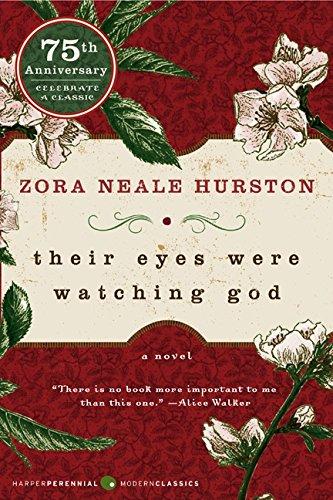 Their Eyes Were Watching God by Zora Neale Hurston tells the story of Janie Crawford, an African-American woman in the early 20th-century South whose life is defined by her marriages to three very different men. Janie is raised by her grandmother, who was born a slave, after Janie's mother runs away. As a teenager, Janie is forced to marry a much older man after she is caught kissing a boy her own age. Janie escapes a life of domestic servitude by running off with another man to Eatonville, Fla., where her ambitious second husband starts a successful business. Once again, however, Janie is treated more like property than partner. When her second husband dies, Janie marries a third, younger man, with mixed results. The novel is an extended flashback, told by a now autonomous Janie in her early 40s to a friend, in language punctuated by period vernacular.
Their Eyes Were Watching God by Zora Neale Hurston tells the story of Janie Crawford, an African-American woman in the early 20th-century South whose life is defined by her marriages to three very different men. Janie is raised by her grandmother, who was born a slave, after Janie's mother runs away. As a teenager, Janie is forced to marry a much older man after she is caught kissing a boy her own age. Janie escapes a life of domestic servitude by running off with another man to Eatonville, Fla., where her ambitious second husband starts a successful business. Once again, however, Janie is treated more like property than partner. When her second husband dies, Janie marries a third, younger man, with mixed results. The novel is an extended flashback, told by a now autonomous Janie in her early 40s to a friend, in language punctuated by period vernacular.